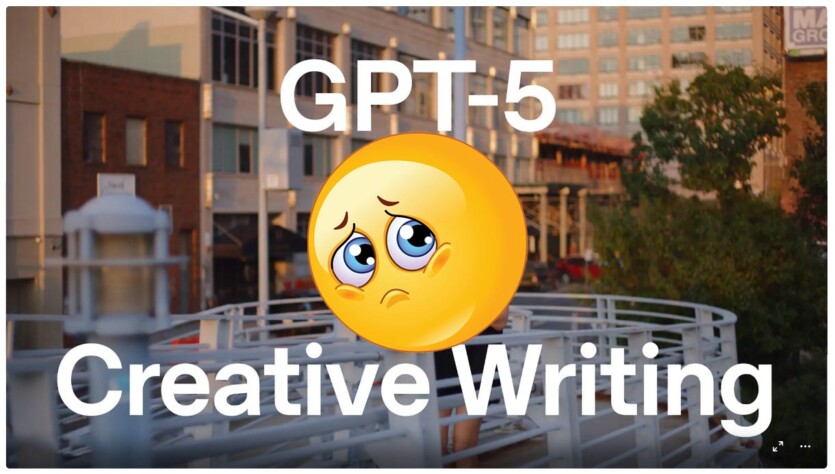
After several months of anticipation and high-profile announcements OpenAI this week introduced a new GPT-5 model. The developers promise large-scale improvements in all aspects — from the accuracy of answers to the speed of work. The model has already been gradually rolled out to users around the world. But, as it turned out, not everyone is happy about it.
Some of ChatGPT’s loyal fans say that the new GPT-5 model “doesn’t feel the same” and miss the atmosphere of the GPT-4o. There are many posts on social media and forums about the loss of a “digital friend”, which demonstrates quite eloquently how the perception of technology and our attitude towards AI is changing.
OpenAI says that old models, such as GPT-4o (which was released about a year ago), will not disappear completely — they will remain available through the API for developers. But for ordinary ChatGPT users who have been chatting with the chatbot in a browser or mobile app, the situation has changed: now GPT-5 is installed by default.
On the official OpenAI forums and in Reddit discussions, experienced users share their disappointment. Some call it “mentally exhausting” or even compare it to replacing a “friend” with a “cold office clerk.” In the discussion threads, there are threats to cancel the paid subscription, although it is interesting that some of these publications, according to journalists, are partially or completely written by… AI models themselves.
Another group of users criticizes GPT-5 for being “sterile” and lacking creativity. They say that the working scenarios developed over a year with GPT-4o now work worse. GPT-5 has been dubbed the “overworked secretary” and even called the beginning of AI “enshrittal” — a term used in the tech community to describe the gradual deterioration of a product for commercial reasons.
There is also a financial aspect. Users of the free tariff quickly run into limits (10 requests for 5 hours), which pushes them to purchase ChatGPT Plus ($20 per month) or ChatGPT Pro ($200 per month). Launching generative models is very expensive, and OpenAI, according to insiders, incurs significant losses. Therefore, the deployment of GPT-5 may be an attempt to increase revenues. The company emphasizes that tests confirm that GPT-5 is smarter than its predecessor.
ChatGPT was initially positioned as a convenient and pleasant tool for communication. OpenAI even had to roll back the changes when the bot became too flattering. Nevertheless, many users got used to the friendly tone and customized the model so that it was perceived almost as a personal companion. With GPT-5, this emotional component became less pronounced.
Psychologists warn that excessive “attachment” to AI can reinforce illusions and even provoke psychological crisesespecially if the system adapts to the user’s emotional expectations. For those who perceived GPT-4o as an interlocutor, the transition to the drier style of GPT-5 is a real culture shock.
The first feedback from regular users is that it is more “corporate” and less creative. Perhaps in the long run, this will have a positive impact on the mental health of users and the financial stability of OpenAI. But for now, many will have to go through a period of adaptation.
Source: arstechnica

Spelling error report
The following text will be sent to our editors: